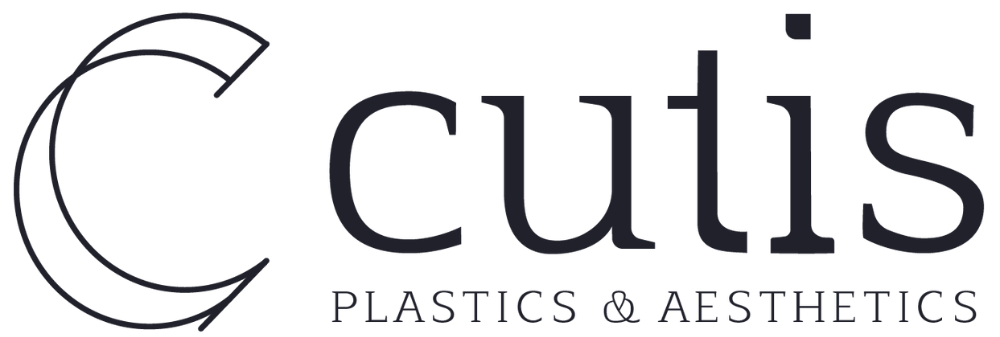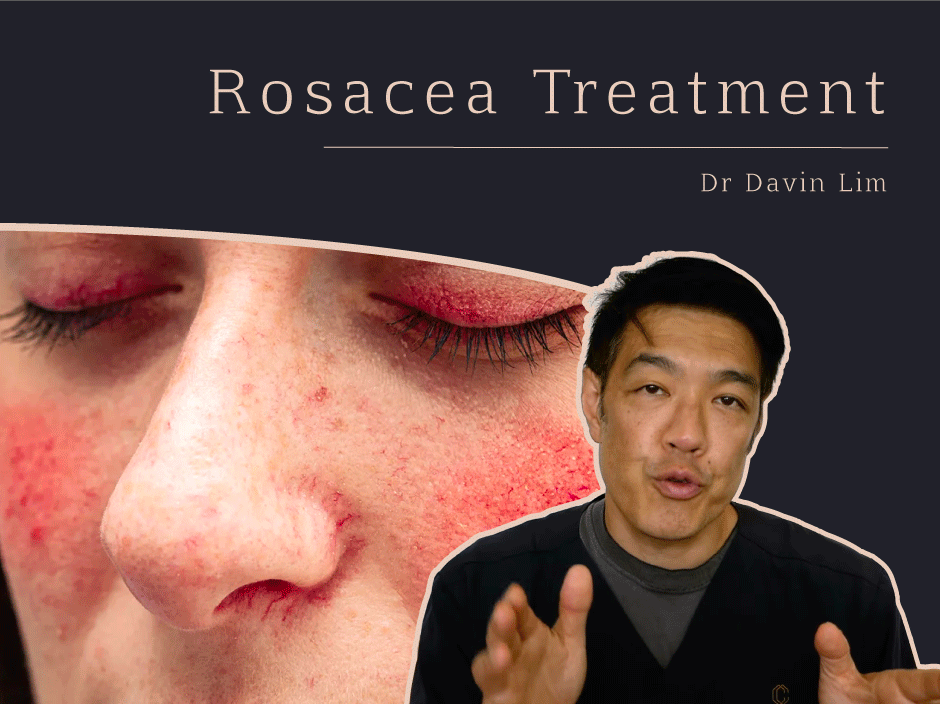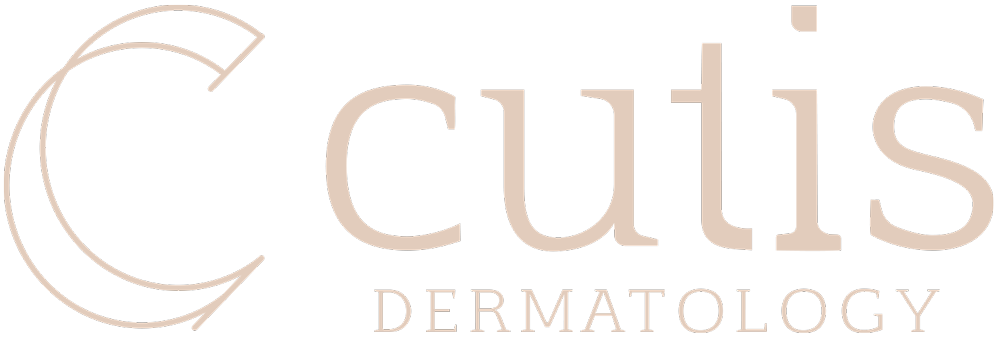Medications are prescribed by dermatologists to control flare-ups. They should be viewed as ancillary treatment options that can be integrated with lifestyle modifications & appropriate over the counter skincare.
Key Points
- Rosacea is best managed with lifestyle modifications & skin care
- Prescription medications can be useful
- Dermatologists prescribe anti-inflammatory topicals & oral agents
- Lasers can amplify the results from anti-inflammatories
- Treatments are tailored for best outcomes
Rosacea Medications at a glance
Our results speak for themselves
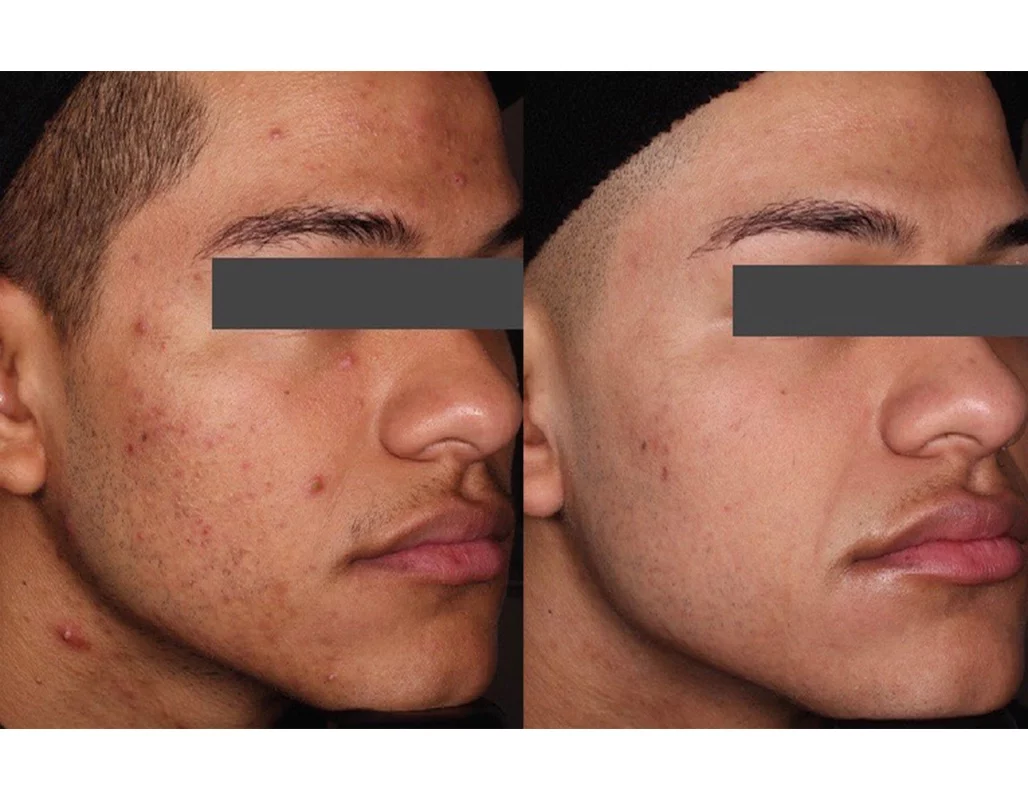
Before
After
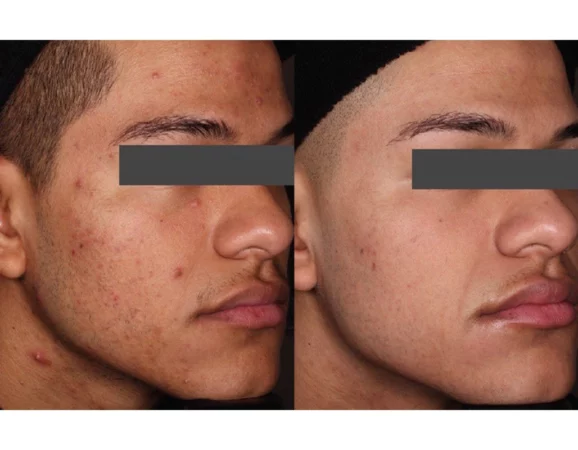
Topical third generation retinoid topically- tazoretene.
Ask us more about this treatmant
Preferred Consultation
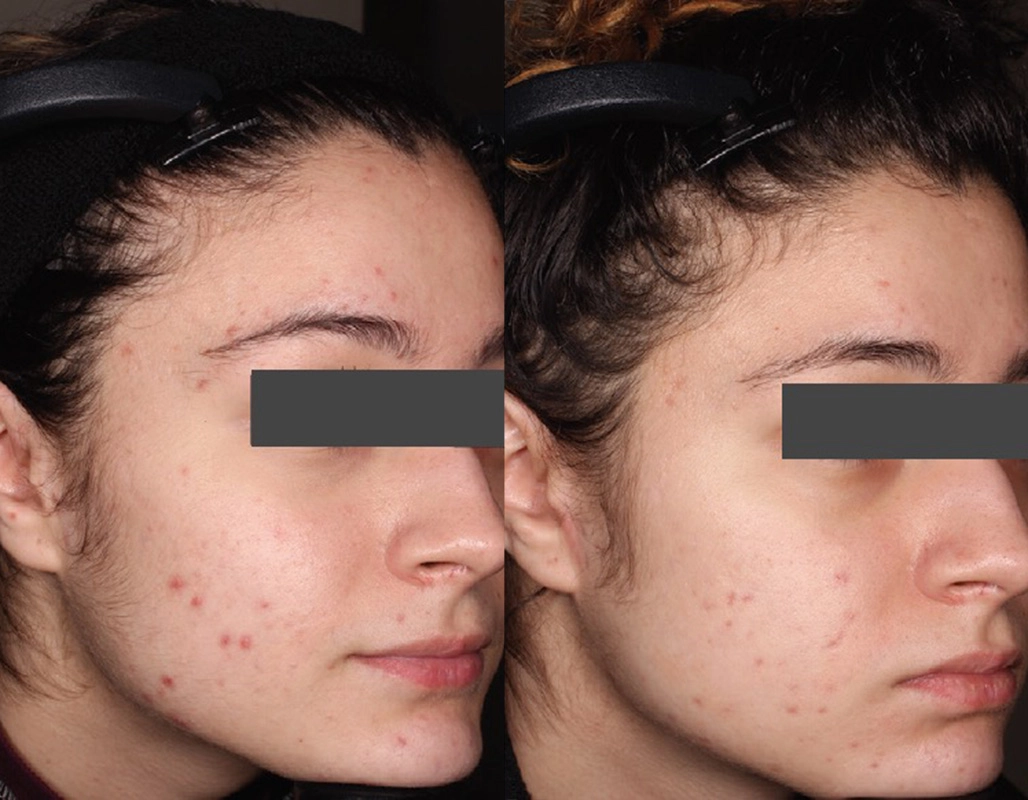
Before
After
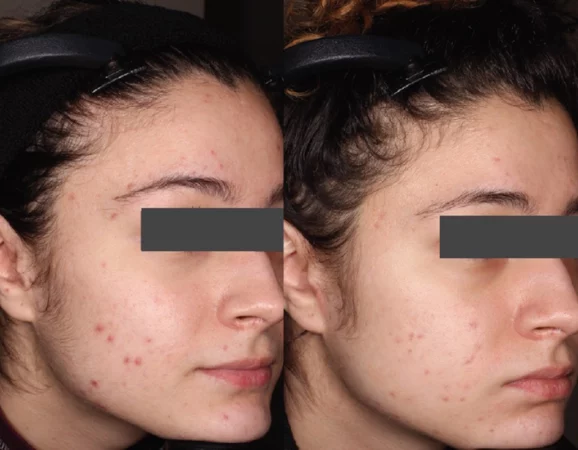
Topical third generation retinoid topically- tazoretene
Ask us more about this treatmant
Preferred Consultation
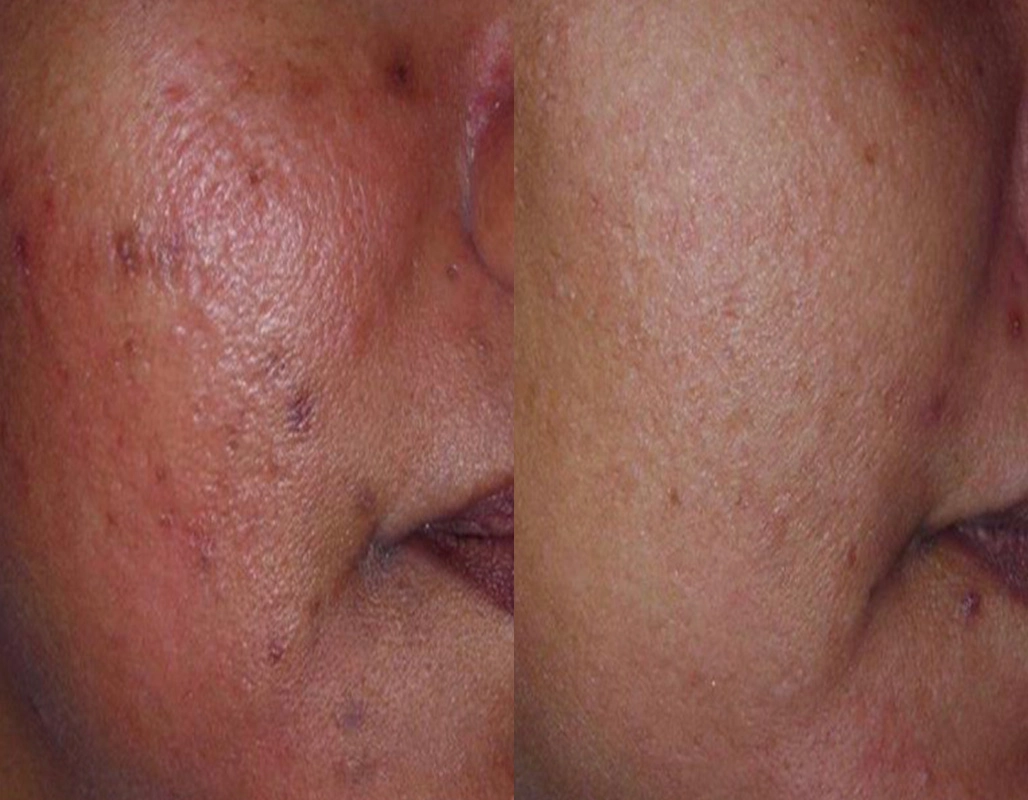
Before
After
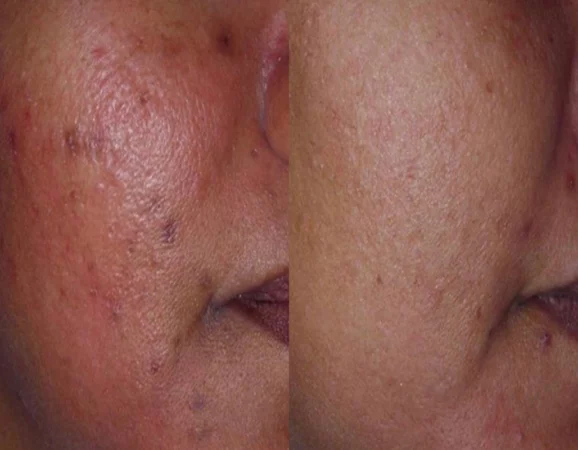
Post inflammatory hyperpigmentation can be treated with lasers, topicals or chemical peels
Ask us more about this treatmant
Preferred Consultation
FAQs
How do dermatologists approach rosacea?
This is one condition that requires a holistic approach. A good way to understand rosacea is- do everything possible to treat your rosacea without the need to see a dermatologist. The flipside is that we are there for you if you cannot manage your rosacea with lifestyle changes & appropriate skin care.
We prescribe-
- Lasers & BBL therapy
- Anti-inflammatory creams & medications
- Neuromodulators
- Vitamin A tablets
The ideal combination depends on your rosacea subtype.
What is the purpose of creams?
Creams can be divided into prescription & over the counter. The aim of creams is to-
- Reduce inflammation, flushing & redness.
- Reduce pimples & pustule
- Provide secondary aesthetic outcomes (pore size reduction, anti-aging benefits)
What over the counter creams are recommended for rosacea?
Active ingredients that can help, or at the very least reduce skin irritation in rosacea patients include-
- Azelaic acid – anti-inflammatory
- Niacinamide / B3- build barrier function, anti inflammatory
- Resveratrol – antioxidant
- Ceramides- assist barrier function
- Hyaluronic acid– humectant
- Vitamin E- anti-inflammatory
Avoid retinol, retinoids, AHAs, & ascorbic acids. These can be titrated at a later stage.
How do lasers treat rosacea?
Lasers are best for treating redness & inflammation. This includes broken capillaries & pustules (acne like lesions) Lasers work in synergy with anti-inflammatory topicals & oral agents. This means lasers give a better result than one therapy.
What are the most common lasers we use?
The vascular pulse dye laser & the KTP laser is used for vascular work. Both have dynamic cooling properties.
Laser treatment
Time: 15 minutes
Downtime: 1-3 days
For: Redness, capillaries, pimples
Side effects: Rare
Costs: Partially under Medicare
How many treatments are required?
Most patients require 2-4 sessions. Factors that determine the number of sessions include-
- Subtype of rosacea
- How your skin tolerates laser
- Implementation of lifestyle factors
- Skin colour
- Adjunctive therapy
- Laser settings, type of laser we use
Products

O Cosmedics cleansing range
$63.00-$64.00

O Biotics 3D Hyaluronic Serum
From $97.00
Prescription rosacea medications function as anti-inflammatories. Combined with laser therapy, they can markedly improve rosacea within a week or two.
What does azelaic acid do?
If you are into natural skincare, consider azelaic acid. It is an anti-inflammatory & can be used to treat papular-pustular acne rosacea, acne, & reduce redness from both conditions.
Formulation: 10-20% azelaic acid
Apply: 1-2 times a day
Type: Prescription + over the counter
Side effects: Very rare
What is the role of sulphur in rosacea management?
Sulphur-based creams & washes can be useful in treating rosacea & acne. They work as an anti-inflammatory agent. Salicylic acid is added in cases where there is seb derm overlap.
Formulation: 5% sulphur +/- salicylic acid
Apply: 1-2 times a day, wash
Type: Prescription + over the counter
Side effects: Very rare, apart from the smell
What is mesotherapy neurotoxin & how does it work?
Mesoanti-wrinkle or microanti-wrinkle is a novel treatment for both papulopustular rosacea & redness. It is NOT the first line but can be considered if lasers & topicals are unsuccessful. It works by-
- Reducing demodex counts on the skin for up to 4 months
- Modulates inflammation
- Alters blood flow via modulation of the muscles in vessels
- Reduces oil gland activity
- Modulates smooth muscle activity in the follicle
Delivery is via Aquagold system, it can last up to & beyond 3-4 months.
Learn more (Link to Aqua gold in the skin maintenance section)
Who to see for complex cases of rosacea?
For complex cases of resistant rosacea, book with Dr Belle Cominos, dermatologist. She is regarded as one of the most experienced dermatologists in Brisbane with a special interest in the management of rosacea.
